When it comes to prenatal nutrition, it can be difficult to keep up with all the information out there. But one key nutrient that cannot be overlooked is vitamin B. In this article, we’ll explore why vitamin B is so important and what foods are rich in this essential nutrient. Discover how unlocking the power of vitamin B can make all the difference when it comes to successful prenatal nutrition!
Introduction
Vitamin B is essential for pregnant women and their developing babies. This nutrient helps to form the baby’s neural tube, which becomes the brain and spinal cord. Vitamin B is also important for energy production, red blood cell formation, and DNA synthesis.
Prenatal vitamins typically contain all of the vitamin B that a pregnant woman needs. However, some women may need to take a separate supplement of vitamin B if they have certain medical conditions or are at risk for deficiency. Talk to your doctor about whether you need a supplement and how much to take.
What is Vitamin B?
Vitamin B is an important nutrient that helps the body convert food into energy. It is also essential for pregnant women, as it helps to prevent birth defects. Prenatal vitamins typically contain all of the B vitamins, including folic acid, which is important for neural tube development.
While everyone needs vitamin B, pregnant women need higher amounts due to the demands of pregnancy. Vitamin B levels can drop during pregnancy, so it’s important to take a prenatal vitamin that contains this nutrient.
Foods that are rich in vitamin B include leafy green vegetables, legumes, nuts, and whole grains. You can also get vitamin B from supplements. If you take a multivitamin, make sure it contains vitamin B12, as this form of vitamin is only found in animal-based foods and supplements.
Benefits of Vitamin B for Prenatal Nutrition
Vitamin B is essential for pregnant women as it helps to form the placenta, produce red blood cells, and convert food into energy. It also helps to prevent birth defects of the brain and spine. The recommended daily intake of vitamin B6 is 1.9 mg and the recommended daily intake of folate is 600 micrograms.
Vitamin B12 is important for pregnant women as it helps to prevent anemia and supports the nervous system. The recommended daily intake of vitamin B12 is 2.6 micrograms.
Prenatal vitamins typically contain all the necessary vitamins and minerals needed for a healthy pregnancy including folic acid, iron, calcium, and iodine.
Types of Vitamin B
There are eight different types of vitamin B, and each one has a unique function in the body. Here is a brief overview of the different types of vitamin B and their key roles:
Vitamin B1 (thiamine): helps to convert carbohydrates into energy, and is essential for proper nervous system function
Vitamin B2 (riboflavin): helps to convert food into energy, and is necessary for cell growth and repair
Vitamin B3 (niacin): helps to metabolize fats and proteins, and is involved in DNA repair
Vitamin B5 (pantothenic acid): helps to synthesize hormones and cholesterol, and is essential for proper immune system function
Vitamin B6 (pyridoxine): helps to metabolize amino acids, and is necessary for proper nervous system function
Vitamin B7 (biotin): helps to metabolize fats and carbohydrates, and is involved in DNA synthesis
Vitamin B9 (folate): helps to synthesize DNA and RNA, and is essential for proper cell division
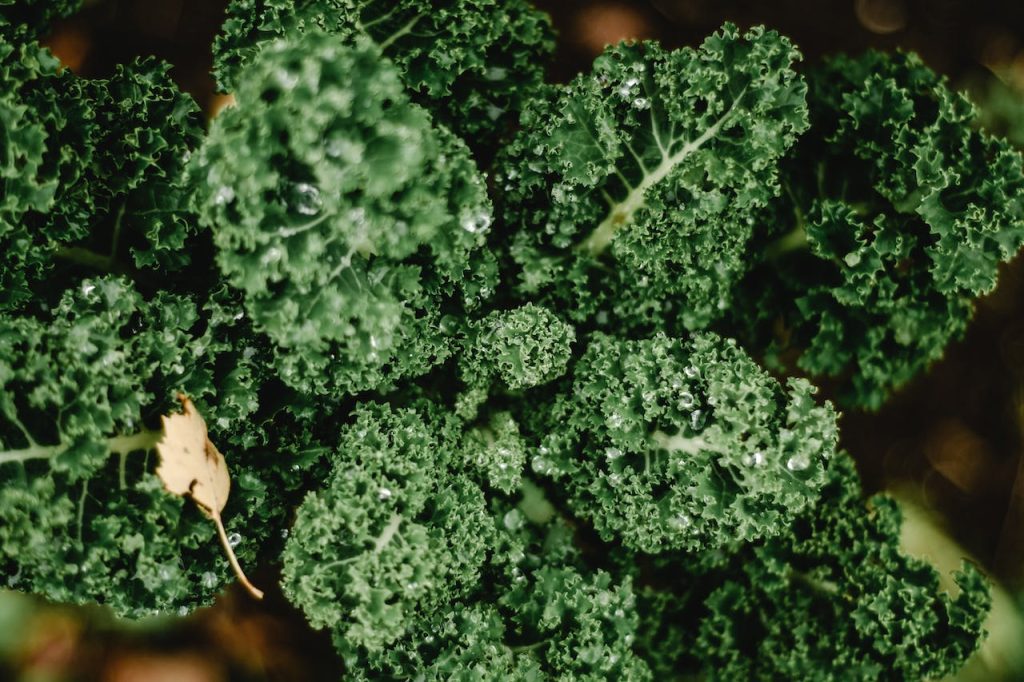
Foods Rich in Vitamin B
A pregnant woman’s diet should include plenty of foods rich in vitamin B. This nutrient is essential for the development of the baby’s nervous system. Good sources of vitamin B include leafy green vegetables, legumes, nuts, and whole grains.
Vitamin B is important for the development of the baby’s nervous system. It helps to form the myelin sheath that insulates nerve cells and aids in the transmission of signals between them. A deficiency of this nutrient can lead to birth defects, so it is important to make sure that you are getting enough vitamin B during pregnancy. Good sources of this nutrient include leafy green vegetables, legumes, nuts, and whole grains.
Recommended Daily Allowance (RDA) for Pregnant Women
A pregnant woman’s daily diet should include the recommended daily allowance (RDA) of certain vitamins and minerals to support her and her baby’s health. Vitamin B is one of those key nutrients.
Vitamin B helps the body convert food into energy, produce red blood cells, and keep the nervous system functioning properly. It’s important for pregnant women to get enough vitamin B because it helps the baby’s brain and nervous system develop.
The RDA for vitamin B during pregnancy is 2.6 micrograms (mcg) per day. This can be found in fortified cereals, leafy green vegetables, legumes, nuts, and seeds. Supplementing with a prenatal vitamin that contains vitamin B is also recommended.
Conclusion
Vitamin B is a key nutrient that can make all the difference in prenatal nutrition. It has so many beneficial effects on both mother and baby, from providing essential energy to helping with neurodevelopment. With the right diet, you can ensure that your body and your baby get enough of this crucial vitamin for optimal health. Don’t hesitate to ask your doctor or nutritionist about how you can incorporate Vitamin B into your daily regime for maximum benefits!






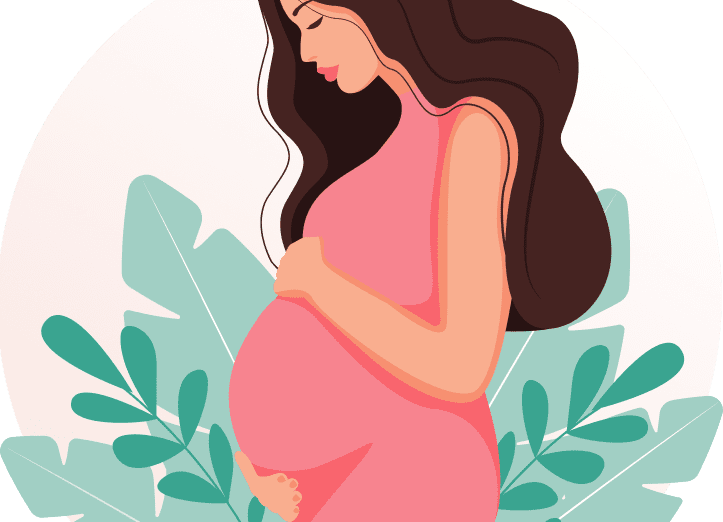

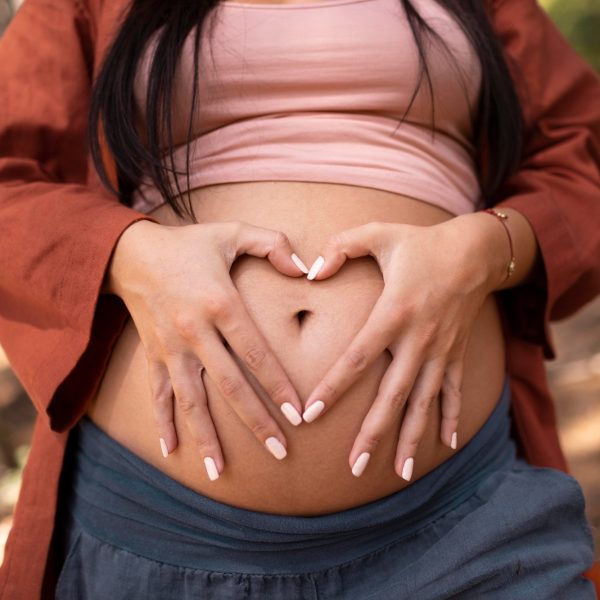

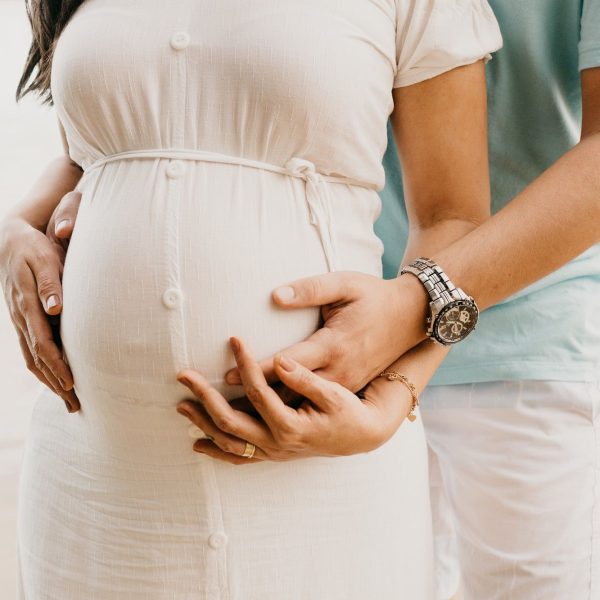

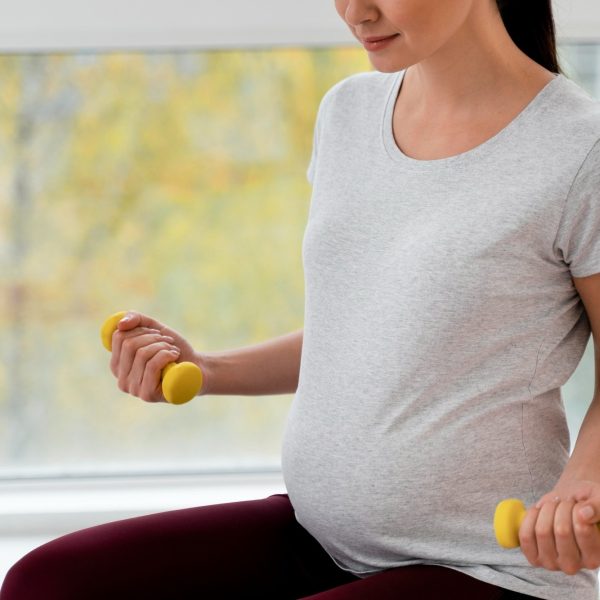
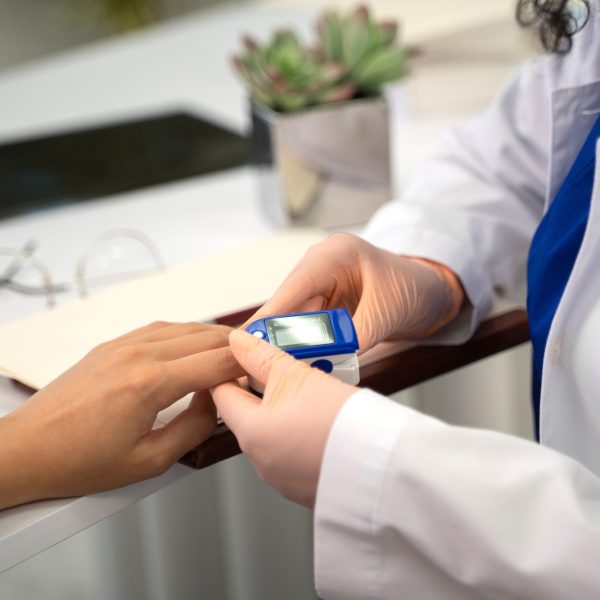
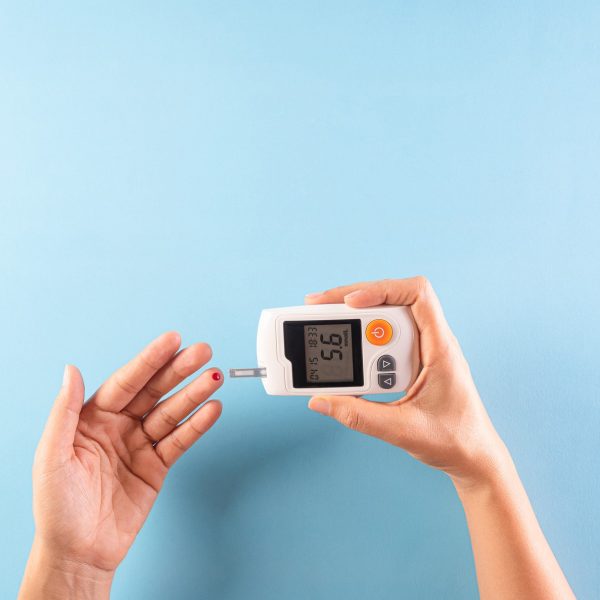


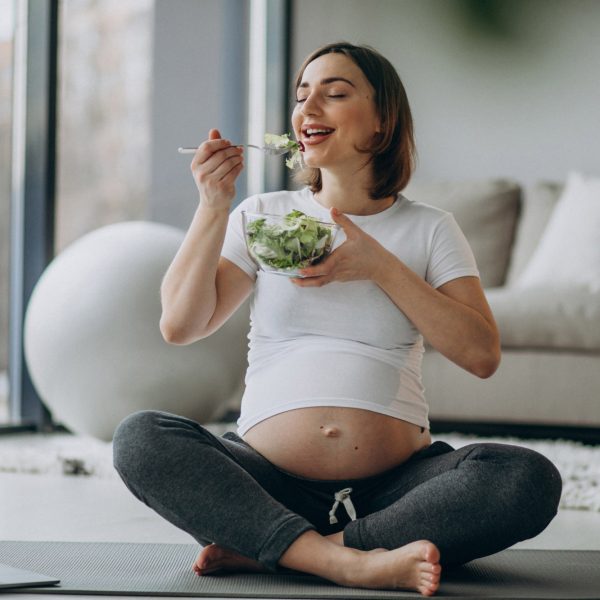
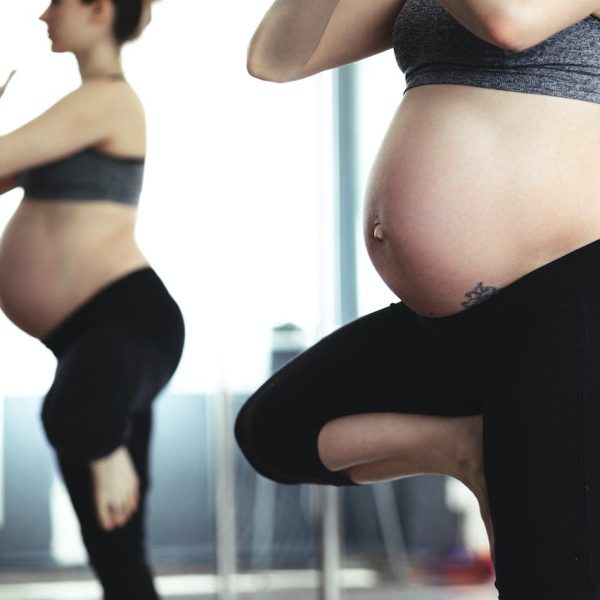








Share this article